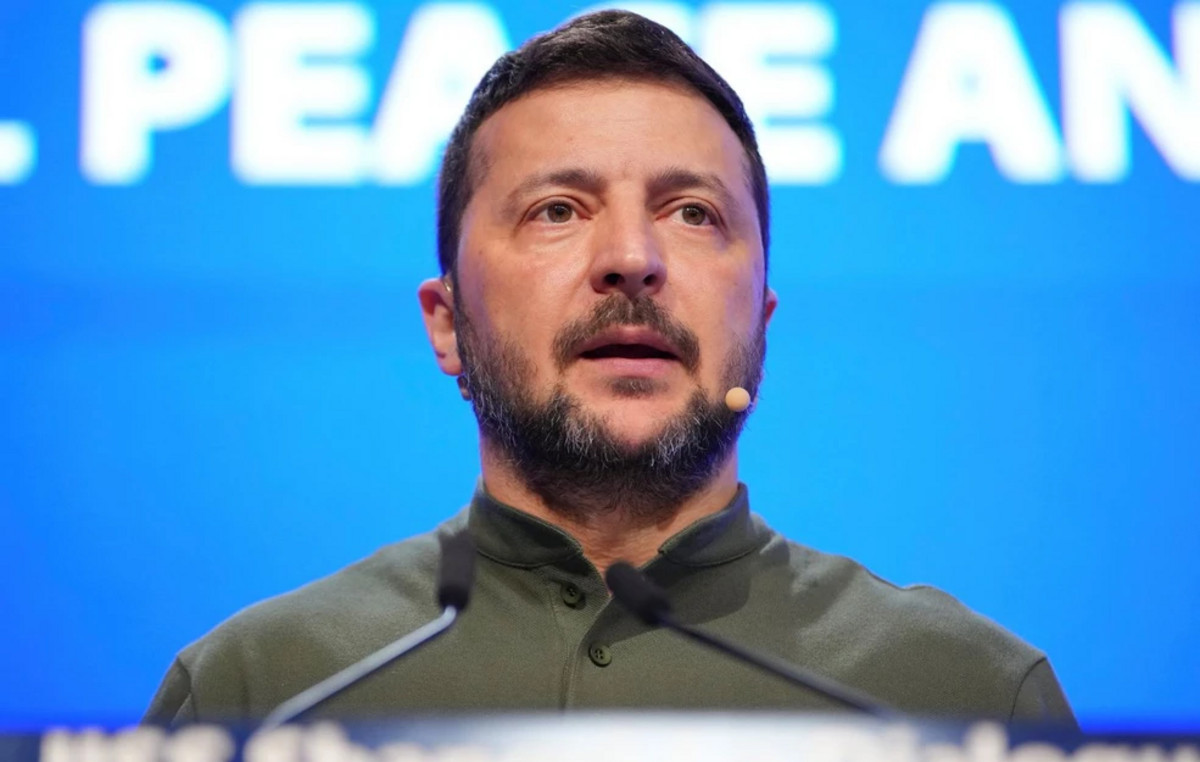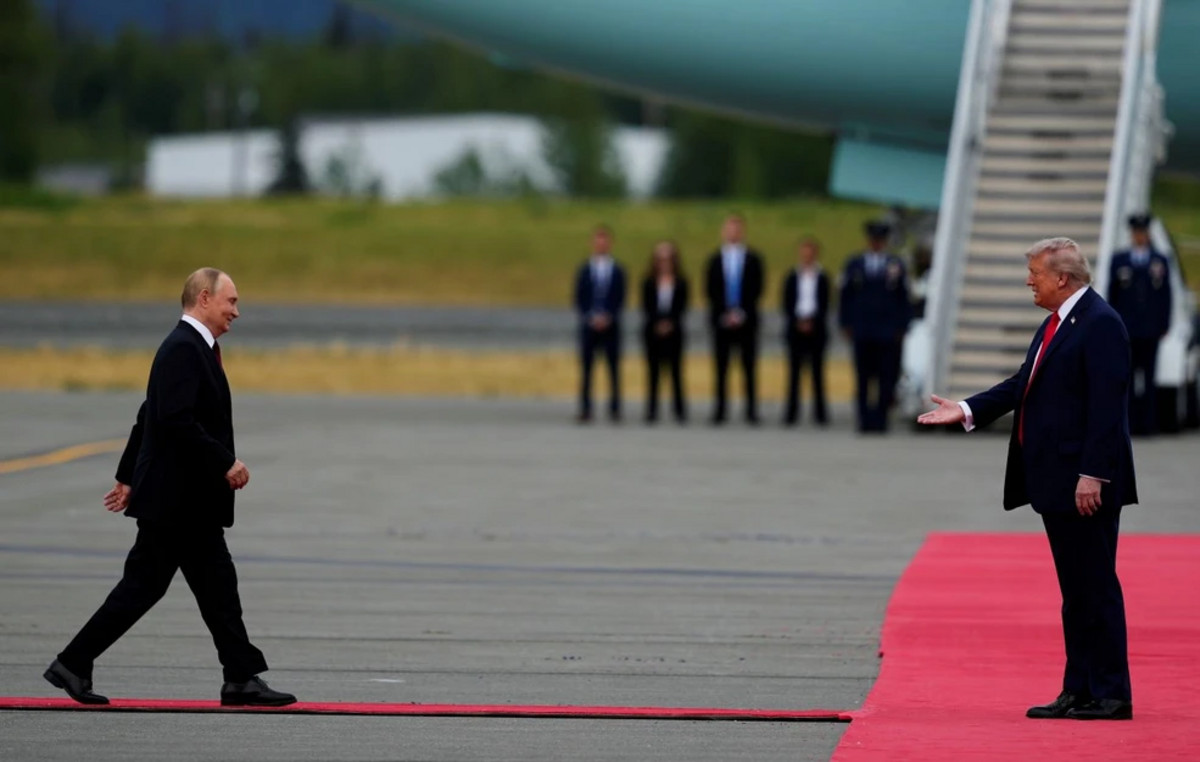- EUR/USD is gaining ground around 1.1140 in the Asian session on Thursday.
- Dovish comments from Fed officials this week could further weaken the USD.
- HSBC analysts expect the ECB to cut rates by 25 basis points at each meeting from October to April next year.
The EUR/USD pair is trading firmer near 1.1140 during Asian trading hours on Thursday, boosted by broad-based Dollar weakness. Several US Federal Reserve (Fed) officials are scheduled to speak on Thursday, including Fed Chair Jerome Powell. Also, US weekly initial jobless claims, durable goods orders, and US final annualized Gross Domestic Product (GDP) for the second quarter (Q2) will be released.
Traders are awaiting fresh catalysts on how aggressive future US rate cuts would be. Many analysts see the Fed ramping up rate cuts again at the November meeting. “Given his comments at Jackson Hole and what we heard from him at the press conference, yes, I think Chairman Powell would be inclined to cut 50 basis points again if there was further weakness in the labor market,” said Mr Matthew Luzzetti, chief US economist at Deutsche Bank.
Earlier this week, Chicago Fed President Austan Goolsbee said that policymakers “cannot be left behind” if the economy is to have a soft landing. Meanwhile, Atlanta Fed President Raphael Bostic noted that the U.S. central bank does not need to make a “mad dash” to lower rates. Fed Governor Adriana Kugler said on Wednesday that she “strongly supported” the central bank’s decision last week, adding that it would be appropriate to cut rates further if inflation continues to decline as expected. Traders will take further cues from the Fed’s comments on Thursday. Any dovish comments from Fed officials this week could trigger bets on another large-sized interest rate cut by the Fed, dragging the dollar lower against the Euro (EUR).
Survey data released earlier this week showed euro zone business activity as a whole contracted sharply, triggering speculation that the European Central Bank (ECB) would cut rates again. Analysts at HSBC said on Wednesday that they now expect the ECB to cut interest rates by 25 basis points (bps) at each meeting from October to April next year, given the weakening economic data.
ECB FAQs
The European Central Bank (ECB), based in Frankfurt, Germany, is the reserve bank of the Eurozone. The ECB sets interest rates and manages monetary policy in the region.
The ECB’s main mandate is to maintain price stability, which means keeping inflation at around 2%. Its main tool for achieving this is to raise or lower interest rates. Relatively high interest rates usually translate into a stronger Euro, and vice versa.
The ECB’s Governing Council takes monetary policy decisions at meetings held eight times a year. Decisions are taken by the heads of the euro area’s national banks and six permanent members, including ECB President Christine Lagarde.
In extreme situations, the European Central Bank can put in place a policy tool called Quantitative Easing. QE is the process by which the ECB prints Euros and uses them to buy assets (usually government or corporate bonds) from banks and other financial institutions. The result is usually a weaker Euro.
QE is a last resort when simply lowering interest rates is unlikely to achieve the objective of price stability. The ECB used it during the Great Financial Crisis of 2009-11, in 2015 when inflation remained stubbornly low, as well as during the coronavirus pandemic.
Quantitative tightening (QT) is the reverse of QE. It takes place after QE, when the economic recovery is underway and inflation starts to rise. While in QE the European Central Bank (ECB) buys government and corporate bonds from financial institutions to provide them with liquidity, in QT the ECB stops buying more bonds and stops reinvesting the maturing principal of the bonds it already owns. It is usually positive (or bullish) for the Euro.
Source: Fx Street
I am Joshua Winder, a senior-level journalist and editor at World Stock Market. I specialize in covering news related to the stock market and economic trends. With more than 8 years of experience in this field, I have become an expert in financial reporting.







